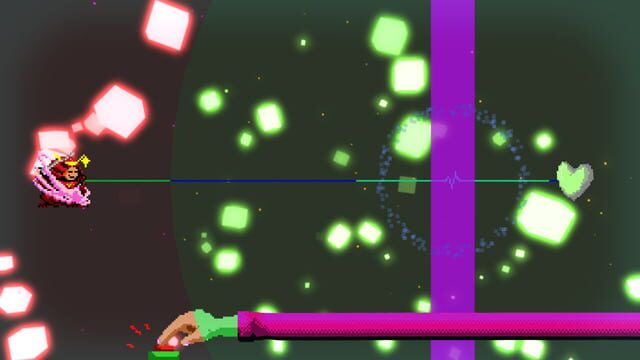

After its short development, Friday Night Funkin’ was released on itch.io in October of 2020. Taylor and three others set out to make a game infused with all the personality and charisma they used to find in rhythm games like Parappa the Rapper. The first version of Friday Night Funkin’ came about as the result of a game jam, says developer Cameron Taylor, better known online by the name ninjamuffin_99. In 2008’s edition of the TIME 100, guitarist Steven Van Zandt said of Rock Band’s influence: “In the history of rock 'n' roll, Rock Band may just turn out to be up there with the rise of FM radio, CDs, or MTV. Guitar Hero-and Rock Band a few years later in 2007-not only became ludicrously profitable and successful franchises, but part of a full-blown cultural phenomenon, spawning numerous sequels, spin-offs, and imitators. Likewise, its soundtrack featured covers of songs by popular rock n’ roll artists like Jimi Hendrix, Cream, and Pantera (among many others). Instead of a dance mat, Guitar Hero shipped with a guitar-shaped controller sporting five colored fret buttons and a strum bar. Guitar Hero sold players the fantasy of being a rockstar. Although it boasted all of the spectacle and high-skill ceiling trappings of DDR, it was packaged with iconography and music that was far more familiar to Westerners. Developed by Harmonix and Red Octane, the game resonated with American audiences in a way that previous entries in the rhythm canon never had. This all changed with the breakthrough hit Guitar Hero in 2005. While console titles like Rez, Frequency (2001), and Amplitude (2003) were well-received, none were met with any kind of rollicking commercial success. Rhythm games were a largely niche affair by comparison. The early 2000s were dominated by the kind of games still popular to consumers today: action games, Nintendo platformers, and yearly sports titles. The Santa Cruz Sentinel ran an article in April 2000 about the game’s popularity at the Santa Cruz boardwalk with the subhed: “New interactive arcade game drawing crowds to the boardwalk.” Later that year, The Wall Street Journal dubbed Dance Dance Revolution the “latest arcade craze,” describing the game as “karaoke for feet.” The article notes that although arcade cabinets were sold to arcades at roughly $15,000 a pop, that money was recouped pretty quickly a single DDR machine at an arcade in Stanton, California, pulled in nearly 40,000 dollars in one year.īut rhythm games were still an unlikely arbiter of commercial success in the United States. In 1999, the game started appearing at American arcades. On higher difficulties, the game was brutally difficult, requiring quick reaction times and physical dexterity. Instead of a controller, DDR used a mat, with brightly colored arrows pressed by the player's feet. The big difference, though, was DDR simulated a dance routine, and was a very physical affair.
#RHYTHM DOCTOR DEVELOPER SERIES#
DDR played a lot like PaRappa the Rapper-the player is tasked with hitting a descending series of notes in time with a musical rhythm. Over the next few years, more rhythm games showed up, mostly in Japanese arcades, including Beatmania (1997) and then Dance Dance Revolution (1998). After all, popular genres come and go: Yesterday’s rhythm game is today’s battle royale. So, where did all the rhythm games go? For those who knew the genre solely through its big hits, it might be tempting to think the industry has moved on altogether. In the same list tracking sales across the following decade, not a single rhythm game made it to the top 20. That commercial success was short-lived, however. In NPD’s list of the 20 best-selling video games from 2000 to 2009, Guitar Hero III took the number one spot-while five other rhythm games made an appearance.

But for a brief and fleeting moment in the mid-2000s, music became central to the way we played and interacted with games-and the genre this spawned, the rhythm game, became one of the most profitable in the world.īy the latter half of the 2000s, off the back of the Guitar Hero and Rock Band franchises, the rhythm game cemented its commercial dominance.
#RHYTHM DOCTOR DEVELOPER PRO#
Even games with licensed soundtracks like Tony Hawk’s Pro Skater have gone on to reflect and inform the tastes of an entire generation of players. are so canonized that people who don’t play games could likely point them out.

Motifs from popular franchises like The Legend of Zelda or Super Mario Bros. Music has always been central to video games.


 0 kommentar(er)
0 kommentar(er)
